
Envy, The Wall Between Women
An undercurrent of envy can poison relationships, breed division, and chase away joy. Let’s overcome covetousness so we can find a life of abundance instead.

An undercurrent of envy can poison relationships, breed division, and chase away joy. Let’s overcome covetousness so we can find a life of abundance instead.
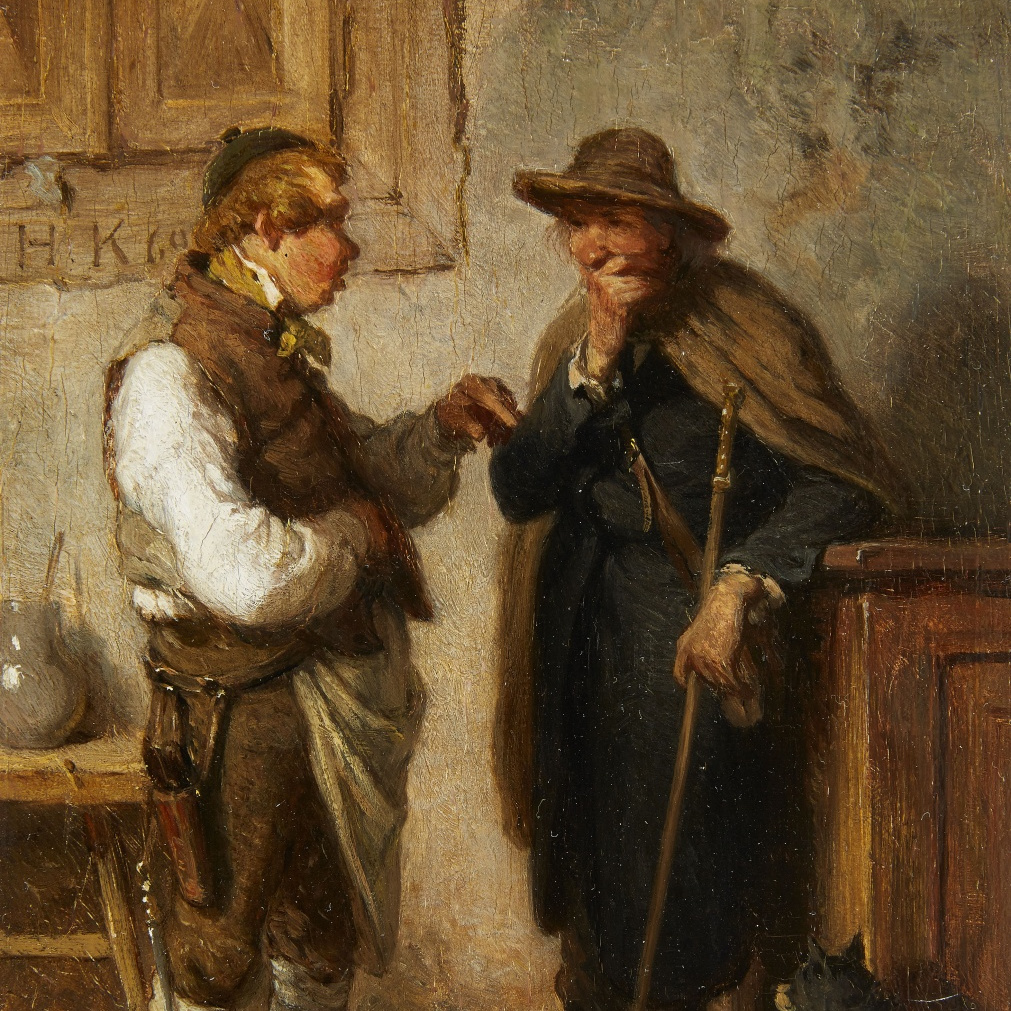
What does it mean when we’re deeply uncomfortable with what someone else has said? Has a great wrong been done? Christian teaching highlights another (uncomfortable) possibility.
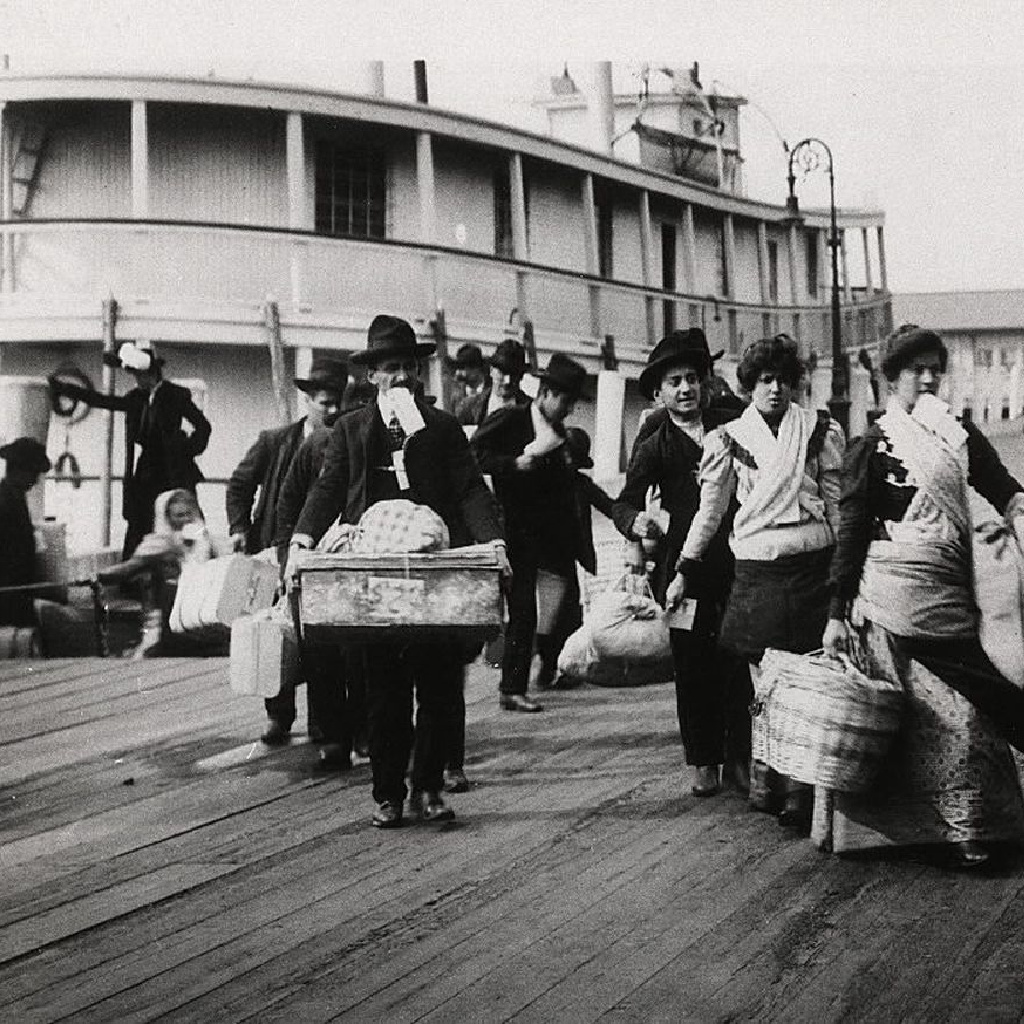
Are all refugees welcome, or only the ones who look like us?

Our discussion of Brad Wilcox’s firesides has been a hard and valuable one, and Dan Ellsworth closes with this plea for more forthrightness about the uncomfortable challenges Zion requires of us all.

The understandable tribal response to controversial moments like Brother Wilcox’s talk is to put up walls. However, if we pause the impulse, there is much we stand to gain.

In the increasingly dystopian landscape around us, raining down fire on someone for misspeaking or advocating an unpopular view is held up as faux righteousness. Let’s not pretend this is anything other than the danger that it is.
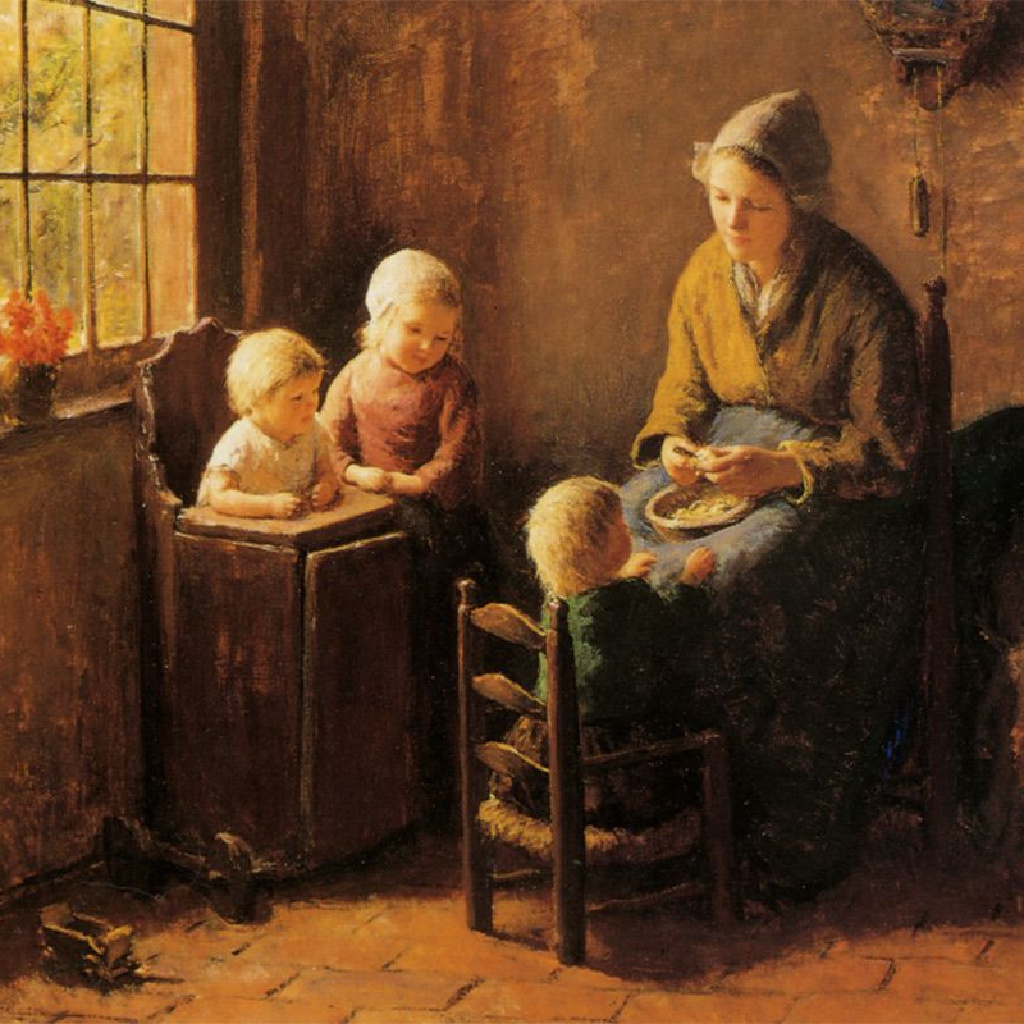
It’s unwise to hope for future revelation while rejecting the insight God has brought forth today—especially when it comes to a doctrine that prophets have so emphatically taught will not change.
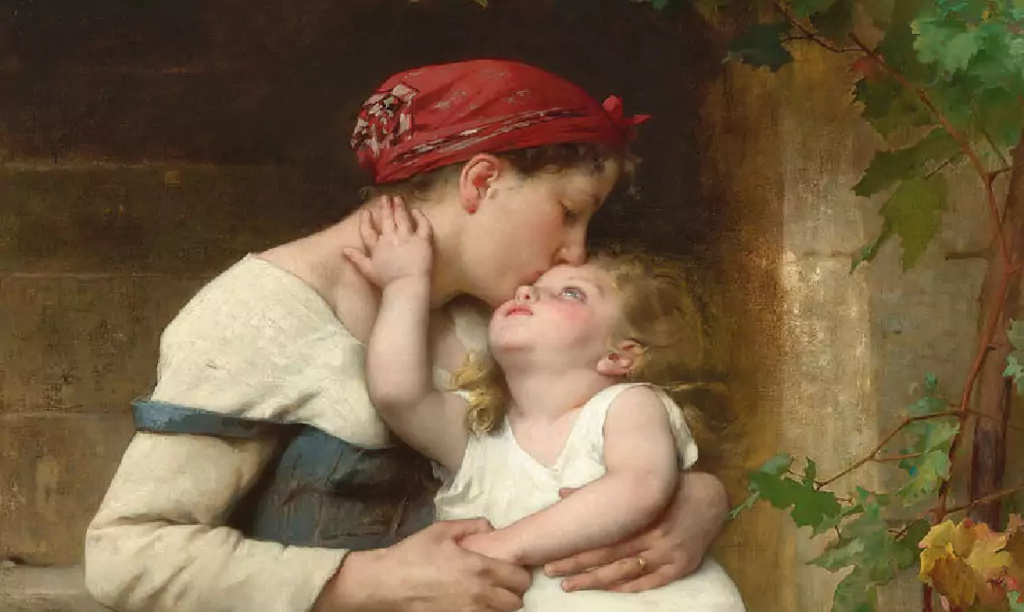
The love we’re being encouraged to share in our world today is largely affirmative of whatever someone else wants, believes, and does—even if that trajectory leads someone to long-term heartache. Is it time to be honest that this really isn’t love after all?
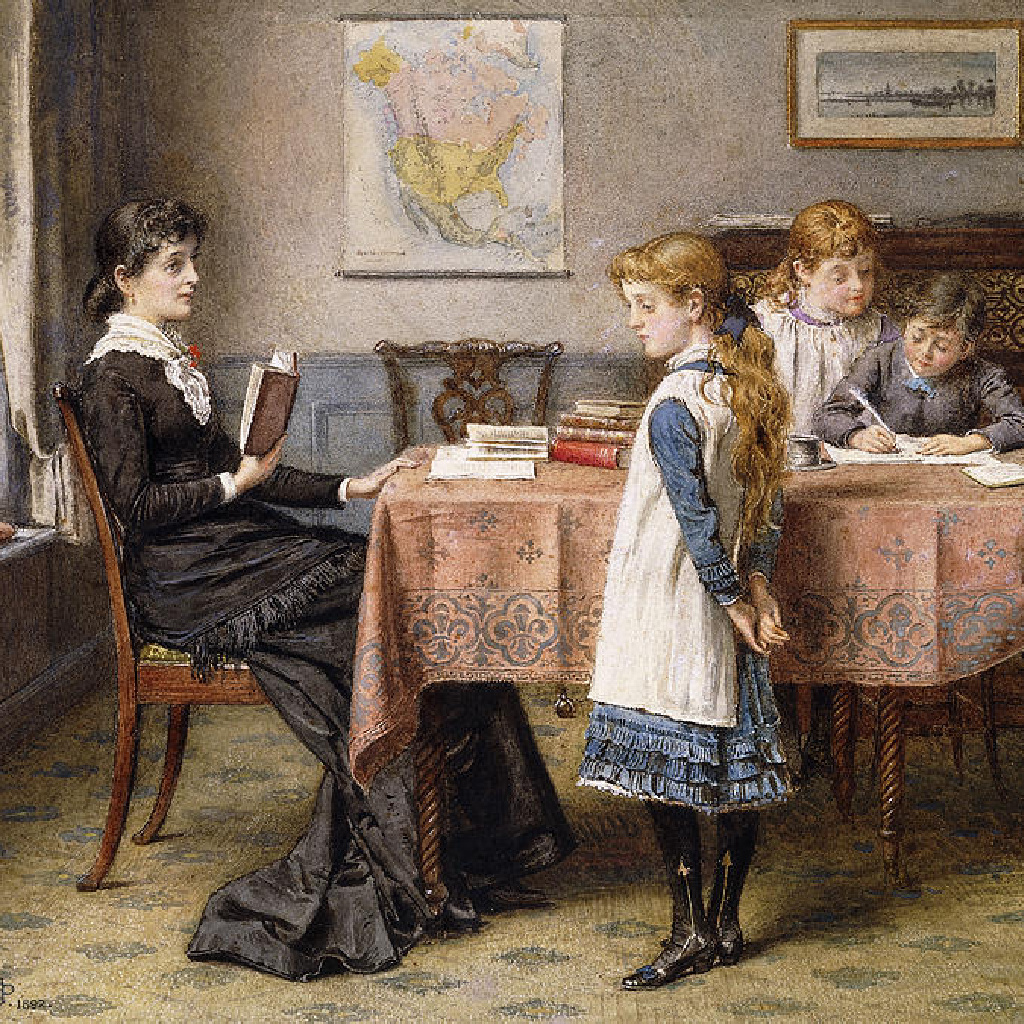
Many Latter-day Saint congregations have experienced deep conflict over our varied perspectives on COVID-19. This presents a teaching opportunity for Latter-day Saint families; the healing of divides in our congregations begins in each of our homes.
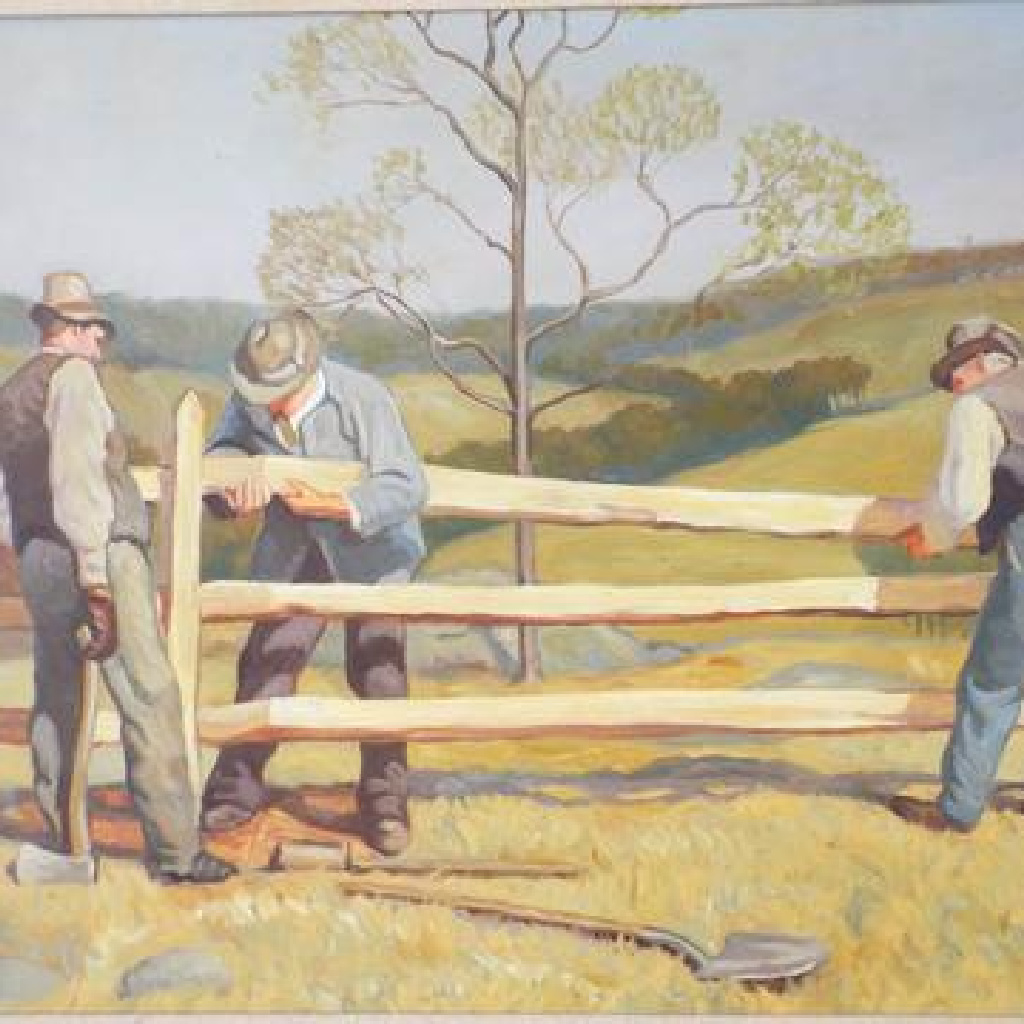
Compared with adherence to specific rules alone, the proactive pursuit to align our lives with the higher truths of the gospel is far more soul-stretching and demanding. Maybe that’s why Jesus encouraged the latter while cautioning against the former.
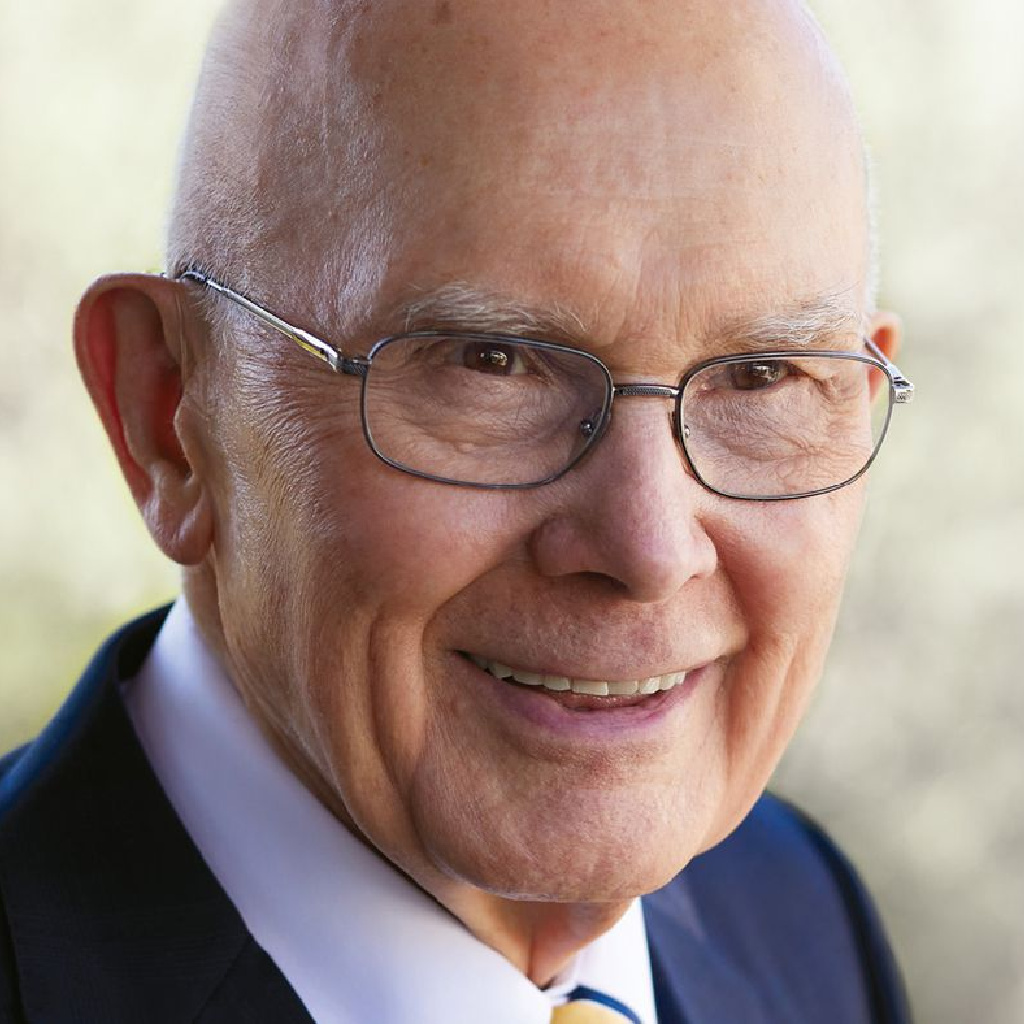
In an age where Christians (and everyone else) tend to flow with the cultural current, the remarks of President Dallin H. Oaks on Friday at the University of Virginia in Charlottesville were striking in their departure from popular rhetorical trends.
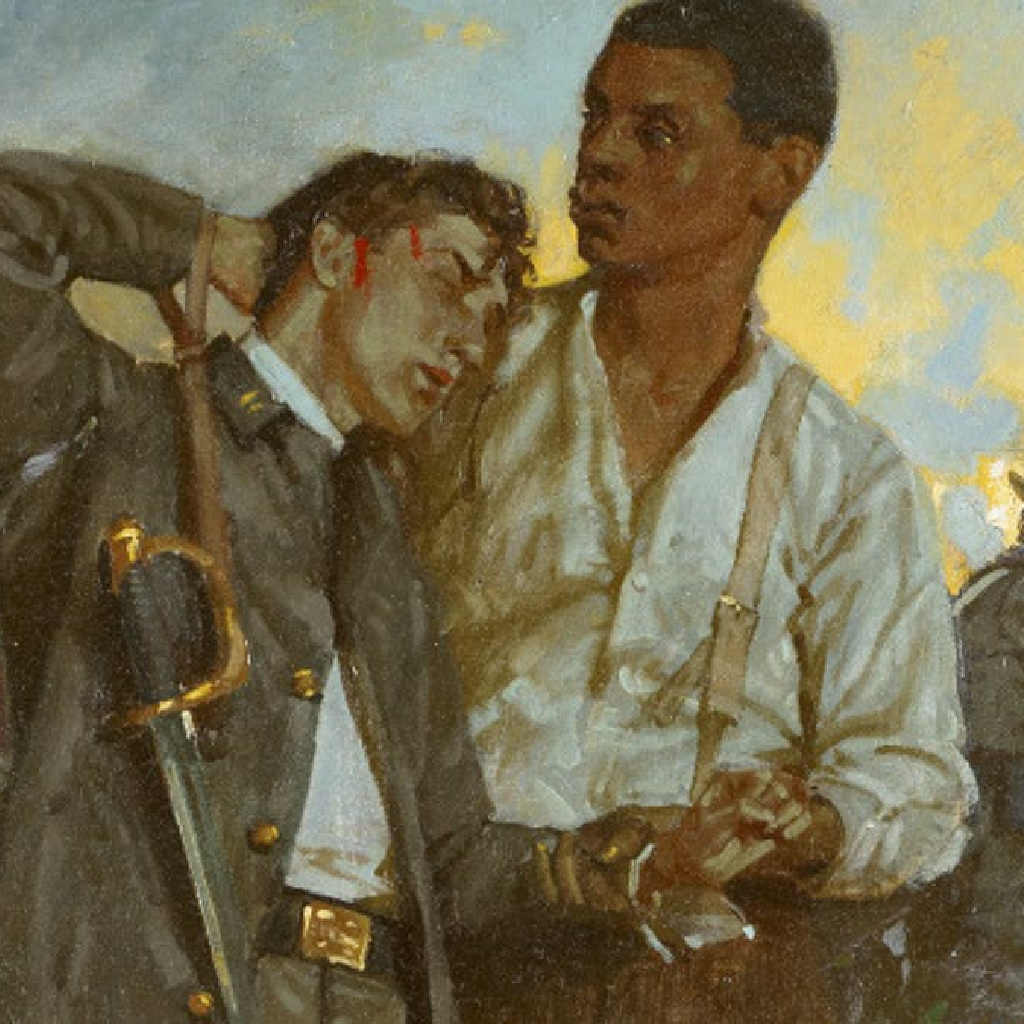
How does seeking to be a loving “ally” overlap (or not), with seeking to be a loving “disciple” of Christ?